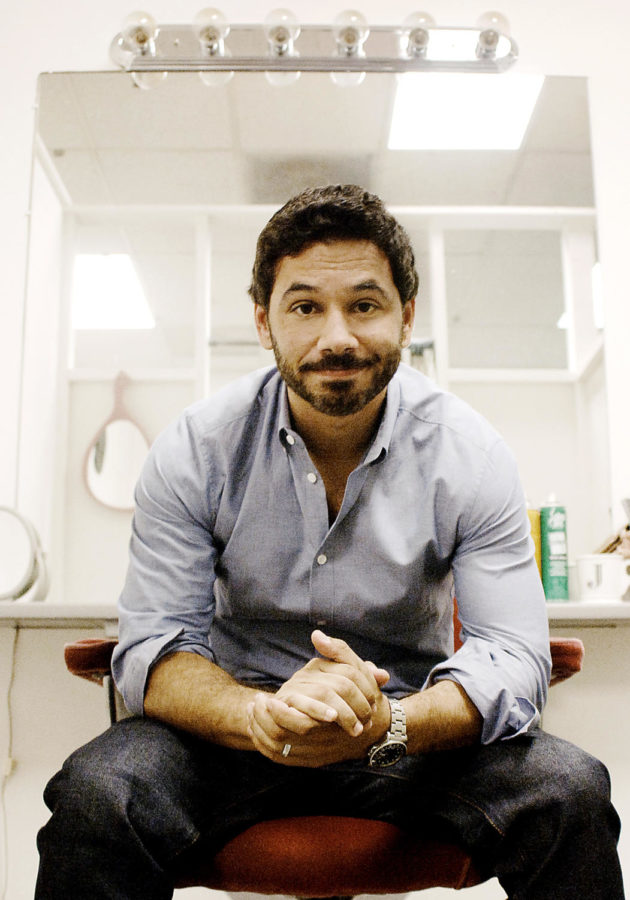‘The Daily Show’ comes to campus
November 30, 2012
Three members of the “The Daily Show” will be at Stephens Auditorium on Friday to give their own satirical spin on this year’s election season.
John Hodgman, the show’s “resident expert;” J.R. Havlan, an Emmy-winning writer for the show; and Al Madrigal, who acted as a political correspondent, will come together as they embark on “The Daily Show Indecision Tour 2012.”
“This is the perfect end to this year’s campaign season,” said Pat Miller, program manager of Iowa State’s Lectures program. “It’s great to have them.”
Students may recall earlier this semester, when the Lectures program brought Bill Nye to speak at Stephens Auditorium, that some students had to be turned away because the 2,247-seat venue had already been filled.
Miller said this time they are more prepared and said doors opening at 7 p.m. is a reasonable time to come wait in line. The free program will begin at 8 p.m.
Taking a page from satirical pioneers Jonathan Swift and Mark Twain, “The Daily Show” aims to shed light on political issues not covered in major media sources.
“What they’ll tell you at ‘The Daily Show’ is that virtually everything Jon Stewart says is the truth,” said Tony Fox, executive vice president of Comedy Central, as quoted in Michael Bugeja’s book, “Living Ethics: Across Media Platforms.” “Their report is real and they’re not making stuff up. Jon Stewart and his writers are just shining a light on things that the mainstream media aren’t covering.”
Bugeja, director of the Greenlee School of Journalism and Communication, mentions “The Daily Show” in the 2008 book. Bugeja believes the show’s host, Jon Stewart, is “one of the best satirists in the business, if not history.”
“No one can approach his brilliance,” Bugeja said.
Bugeja further broke down the elements needed to make good, satirical content. Three key things to have are an “unreliable title,” an “unreliable voice” and “a small amount of truth that people know is true, but no one dares to say it.” Bugeja said that mastering the elements of satire is no easy job.
“People think they can write satire, but without truth, satire becomes sarcasm. People often get those two confused,” Bugeja said.
With the campaign season at an end, students can finally relax and laugh about the whirlwind of media coverage, with shows such as “The Daily Show” and “The Colbert Report” provoking that laughter.
“’The Daily Show’ does a tremendous service to this country by showing what satire really is,” Bugeja said.







